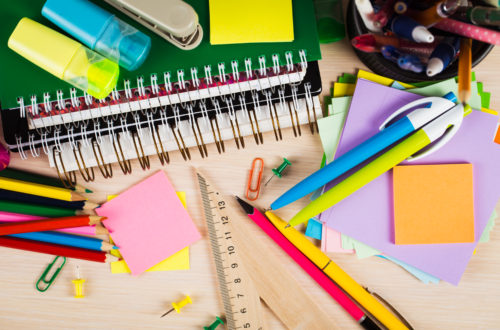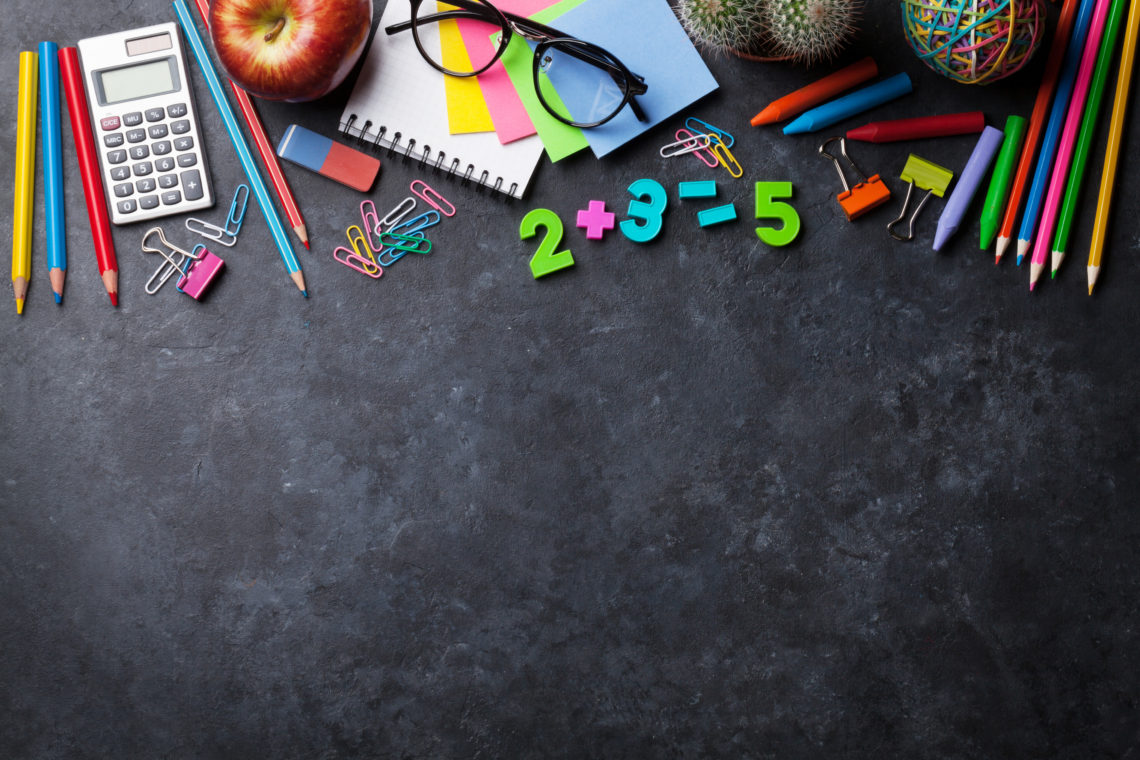-
Using Task Cards in Middle School
If you go to TeacherspayTeachers.com there are task cards everywhere. But what are the best ways to use them in your classroom? Test Prep Task cards are great for test prep. You can assign the students to work individually or in pairs on a set of cards. They give them repeated practice on math concepts. You can either have the students do all the work and then give them the answers at the end. Or, you can have the students actively use the answer key to check their answers as they go so that they can immediately correct errors. Task cards require fairly minimal teacher involvement, making it an easy way…
-
5 Tips for English Language Learners
It seems like every year my school has more English Language Learners in our classrooms. This is a great thing, to be able to learn about new cultures and bring new perspectives into our classrooms. But, with our ESL teachers getting spread thinner and thinner; we are expected to teach these students successfully with little to no support as to how best teach them. Here are 5 tips for supporting English Language Learners in your classroom Wait Time Most teachers are familiar with wait time and are purposeful with how they use it. But, when you have English Language Learners in your classroom, you should try to provide a little…
-
Why You Need to Flip Your Classroom Now!
What does is the flipped classroom? The flipped classroom is when you take the types of activities that would typically be assigned for homework, and make them classwork. While doing this, you take the activities that would generally be done in class and assign them for homework. In a typical middle school math class, the teacher explains a new concept to the class. She explains the concept while writing on the board and describing the examples. After the teacher is done with this “lecture” type math lesson, the students do practice activities. And then they are assigned additional practice for homework. What’s wrong with that? This type of lesson has…
-
Pros and Cons of Assigning Homework
Whether or not students should be receiving homework is a hot topic right now in education. As a special education teacher, I have to be honest; I really can see both sides of the argument, and I don’t know yet on which side I fall. Pro: Additional Practice Homework provides your students with additional practice in the lessons that you are teaching in school. It seems like every year the curriculum gets more and more difficult. That every year we are required to cover even more, yet if we get rid of homework how are we expected to cover it all? In math especially, homework allows the students to get additional practice with…
-
Accommodations to Support Students Who Struggle With Executive Function
What are executive function skills? Executive Functioning skills are the skills that allow us to make a goal, plan on how to meet that goal, and follow through with that plan. They are the skills that help us with impulse control, keeping ourselves organized, and regulating our emotions. Students who have difficulty with their executive function skills tend to be disorganized, impulsive, and do not follow through on plans. These difficulties are typical of students who have been diagnosed with ADHD, as well as some other learning disabilities. A student who struggles with executive function is not hopeless, these skills can be taught, practiced and developed. Break down a project into…
-
5 Keys to Great Co-Teaching
Communicate Like any relationship in life, communication is key to a successful co-teaching relationship. Before the year begins, sit down, and DTR as the kids say. Define the relationship! If you start the year with a discussion about who is going to be responsible for each responsibility, you avoid a lot of problems. Neither of you will feel as though the other is stepping on your toes because they’re doing something you thought was your job. And, neither of you will feel like the other isn’t picking up the slack when they’re not doing something you thought was their job. It will also make the classroom routine go more smoothly.…
-
Reference Sheets for Your Inclusion Students
The Problem Currently, I teach eighth-grade inclusion. This means that I co-teach three math classes and two ELA classes. I have learned why the students benefit from reference sheets. Remembering the steps necessary to do a problem is a struggle for most of my students. Or when we are assessing more than one type of problem, it is tough for the students to keep the different steps straight. Another problem I see is that my students spend so much time trying to remember the steps to solve the problem that they make mistakes with their computation. Reference Sheets Giving students with disabilities a reference sheet to help them take some…
-
Using Stations to Teach Exponent Laws
Often, teaching inclusion math in middle school, it is difficult to keep all students moving at the same pace. We faced this challenge recently when teaching our unit on exponent laws. We begin teaching exponent laws by teaching the different laws, product of powers, quotient of powers, power of a power, negative exponent rules, and the power of zero. On the first day, I provide my students who struggle in math with these cheat sheets of the rules, Power of Exponents. Throughout the unit, if anyone else gets our attention, we’ll give them one also. We then spend a few days giving students plenty of practice and reviewing all of…
-
Celebrating Mistakes
Picture This You’re thirteen years old, sitting in your eighth-grade math class. You woke up that morning and put on your newest outfit that you just got, and you are so pumped to look cool. Maybe this will be the first time that boy you like says hi to you in the hallway. You get to math class, and you are so busy daydreaming about the future wedding that you have no idea what is going on. Next thing you know your daydream is interrupted by the teacher calling your name. The problem is, you haven’t been paying attention… now your palms are sweating, your heart is racing, and you…
-
6 Effective Co-Teaching Models, and When to Use Them
Co-Teaching seems to be the trend for public schools. My school, like many others, is leaning towards a model that includes as many students as possible into the general education classroom. To make this work, many special education teachers are expected to co-teach. General education inclusion classes with the content area teachers to provide the necessary modifications and accommodations to the students on my caseload. In the meantime, there are great peer models coming from the general education population. Also, there is less of a stigma placed on students with disabilities because they are not being removed from the classroom. This concept makes it more difficult to determine which students…






































